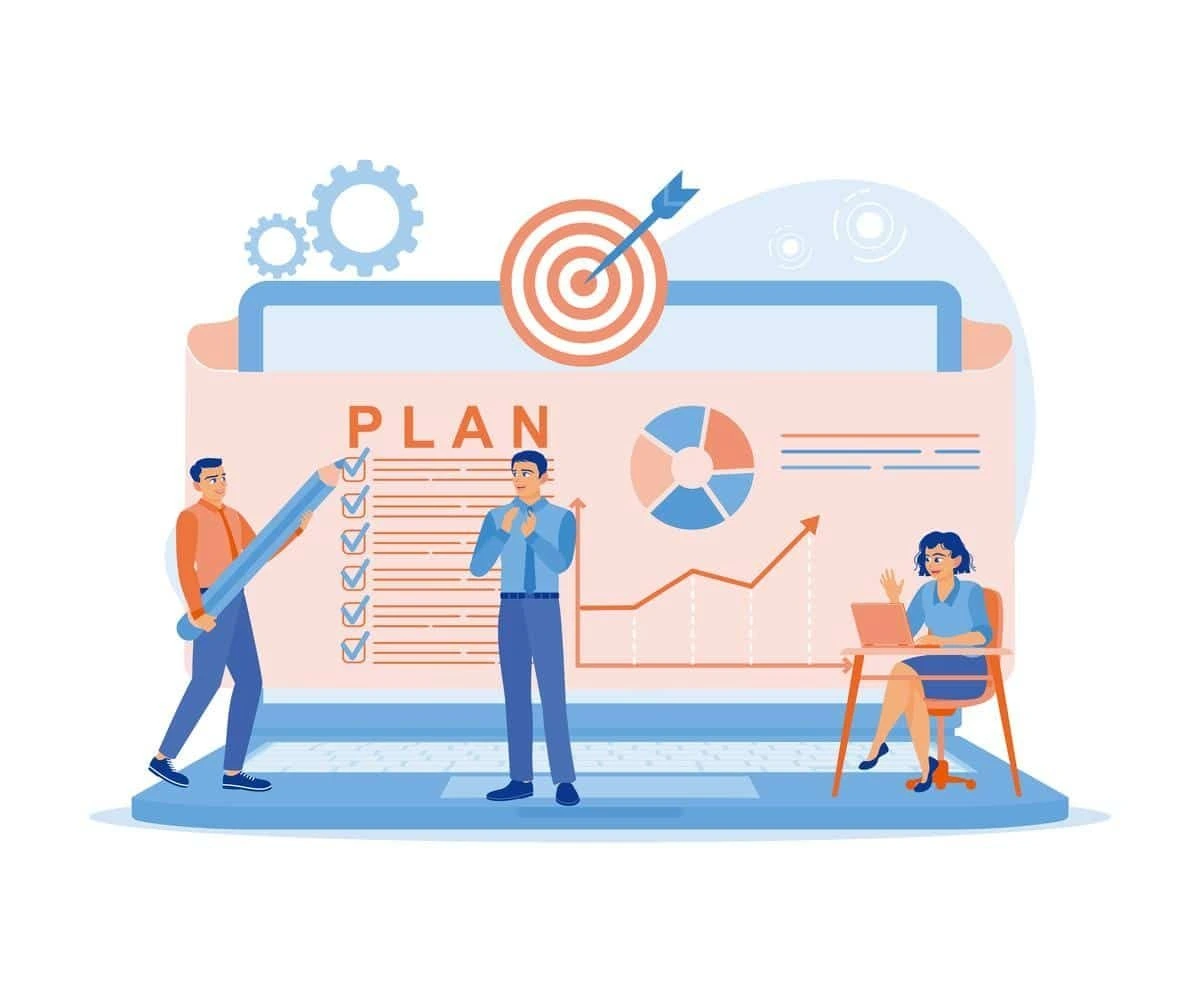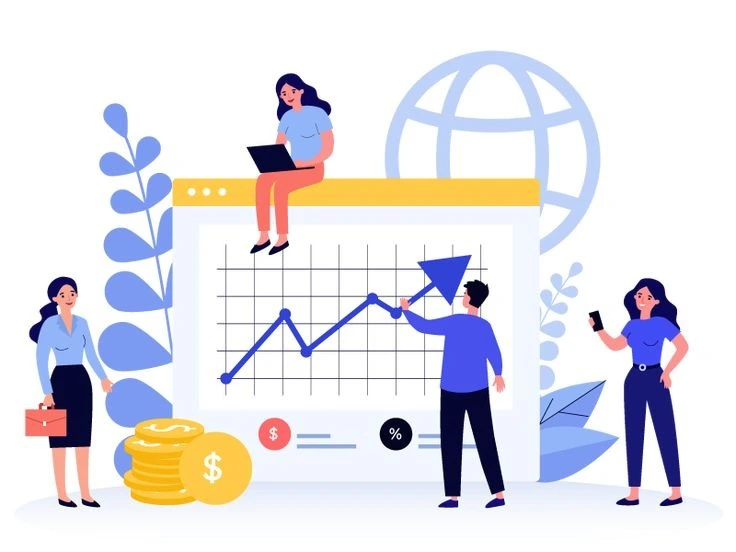Throughout history, humans have feared the very tools they created. When the wheel was invented, workers worried, “Who will need us now?” When electricity arrived, factory workers panicked. And today, the same fear is directed toward “automation” and “artificial intelligence.”
But reality hasn’t changed: technology was never created to replace humans — it was made to liberate them.
This truth is especially relevant for travel agencies and tourism companies today. They work with ERP systems, artificial intelligence, and automated payment and booking platforms. The goal of these systems is simple:
- to free people from routine tasks,
- to help them focus on decision-making, critical thinking, and creativity.
Systems like Travacco symbolize this transformation. They are not technologies that replace people — they are technologies that complete them.
1. The Shadow of the Past: The End of the “Automation = Layoffs” Myth
For decades, technological innovation has been met with fear. In many regions, people equate automation with unemployment. But this is a false paradigm.
Automation is not downsizing — it’s redistribution.
For instance, in a travel agency, five employees once handled invoices and payments manually. Now the system does it in seconds. But those five aren’t left jobless — one focuses on social media campaigns, another on partnerships, another on client analytics.
They’re no longer operators — they’re strategists.
Technology’s purpose is to change the content of work, not to destroy it.
2. A New Work Culture: Human + System Synchrony

In the past, people had to adapt to systems.
Now, systems adapt to people.
ERP platforms like Travacco act as a “digital twin” for each employee. They gather data, generate reports, track balances, and provide decision support. But the final decision is still made by a human.
Work relationships are shifting from “command and execute” to “collaborate and trust.”
Automation is the technological foundation of a cooperative culture.
Employees now work less with their hands — and more with their minds.
3. The Travacco Example: The Algorithm of Freedom in Tourism
For travel agencies, documentation and reporting have always been the biggest time drain. In traditional systems, even a single tour booking required multiple steps:
- registering the order,
- communicating with suppliers,
- confirming payments,
- generating invoices,
- archiving reports.
Each stage required human time and attention.
The Travacco ERP system automates this entire chain. Now agencies can:
- manage all reservations through a single interface,
- monitor financial flows in real time,
- access instant analytical reports.
What once took an entire day now takes ten minutes.
This isn’t about removing humans from the system — it’s about placing them back at the center of it.
4. The Return of Creativity
As routine work decreases, creativity increases.
In tourism, this is essential. Travelers no longer want just “flights and hotels” — they want experiences.
When employees drown in paperwork, they can’t create personalized journeys. Automation gives them back the time to do so.
For example, an agent might instruct the system: “Create a honeymoon package for Italy.”
The ERP immediately generates routes, hotels, and pricing.
The employee then transforms this data into a unique experience.
Technology delivers information, but humans create value.
5. The Synergy Between Human Nature and Technology
Human beings have two instincts: to repeat and to create.
Automation removes the first so that people can focus on the second.
Technology doesn’t make mistakes, but it also doesn’t feel. Humans do — and in tourism, that’s their greatest strength.
Artificial intelligence can select a flight, but it can’t understand that a customer’s spouse “can’t sleep without the sound of the sea.” That difference is made by the human touch.
Automation doesn’t erase human values — it amplifies them.
6. The Power of Data: Decisions Based on Proof, Not Intuition
Traditional agencies made decisions largely on “experience” and gut feeling.
With automated ERP systems, decisions are now data-driven.
- Which destinations generate the most bookings?
- During which months does revenue dip?
- Which clients are the most loyal?

Travacco displays these insights instantly.
Employees no longer guess — they know.
The result? Higher profitability and more valuable, informed decision-makers.
7. Transparency and the Culture of Trust
Automation transforms not only workflows but company culture itself.
In the past, employees would say, “I work hard, but management doesn’t see it.”
Now everything is visible in the system:
- who did what,
- where delays occurred,
- which sales brought in the most revenue.
This transparency builds trust — between management and employees, and among colleagues themselves.
Fairness and measurable results have become the cornerstones of modern workplace culture.
8. From Fear to Opportunity: A Mental Transformation
Fear of automation is a natural instinct. People ask, “Will I still be needed?”
But the real question is, “How can the system elevate my skills?”
Younger generations already think differently: they see technology not as a competitor, but as a partner.
That’s why the most successful companies undergo not just technological, but cultural transformation.
They raise workers not as process executors, but as value creators.
9. The Social Impact of the Travacco Model
After adopting the Travacco ERP platform, many agencies have seen a measurable rise in employee satisfaction:
- errors decreased by up to 40%,
- reporting time dropped by 80%,
- time for professional growth doubled.
These numbers reflect not just productivity — but well-being.
Automation, in a sense, gives people their time back.

10. The Human Factor: The Unchanging Core
Even the most advanced algorithms cannot replace the human touch.
Travel planning, customer relations, and problem-solving — all require
empathy and emotion.
A system can process a client’s change request, but only a human
can understand, reassure, and offer a thoughtful alternative.
Automation creates more space for those moments that matter.
11. Looking Ahead: The Era of “Smart Humans”
We are moving from the age of smart systems to the age of smart humans.
Intelligent systems only thrive with intelligent users.
The employee of the future might not know how to code — but they will know how to communicate with technology. ERP, AI, and automation tools are not just software — they’re a way of thinking.
In tourism, this means the travel consultant of the future will be part technologist, part psychologist, and part experience designer.
12. Automation = Optimization of Human Energy
In the past, “energy efficiency” referred to electricity and fuel.
Today, it refers to human energy.
Systems now work for us so that we can think, plan, and create.
ERP, AI, and automation tools optimize human focus — allowing companies to create more value with fewer resources.
13. The Future of the Industry: Automated Yet Human
The travel agencies of the future won’t be “robotic offices.”
They’ll be human-centered technology hubs.
A smile, a voice, understanding, creativity — those can never be automated.
Conclusion: The New Definition of Freedom
Automation doesn’t take our jobs — it rescues them from meaninglessness.
Freedom now means:
- less repetition,
- more creation,
- fewer reports,
- more connection.
The future of tourism lies in the balance between humans and technology.
Systems like Travacco are the instruments of this new era — unlocking human potential and making technology work for people.
Automation isn’t the end of humanity. It’s the next stage of it.
